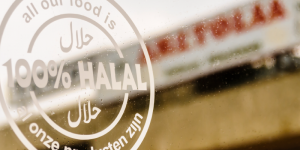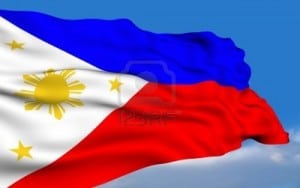From Mohd Nasir Yusoff
ASTANA (Kazakhstan), June 10 (Bernama) — The just-ended seventh World Islamic Economic Forum (WIEF) has recommended the adoption of 10 key priorities to realise both sustained growth and equity.
Top of the list is for good governance to be institutionalised and practiced by both governments and the private sector, as had been put forward by Prime Minister Datuk Seri Najib Tun Razak, the patron of the WIEF Foundation in his special address to some 2,000 delegates from more than 40 countries on Wednesday.
The WIEF recommended Muslim countries to further liberalise trade, investment, knowledge, culture and labour flows within Muslim countries on a regional and sub-regional basis and with the rest of the world.
Social entrepreneurship as an altruistic social development initiative be propagated and developed in Islamic societies and resources be committed to promote such an initiative particularly for the benefit of youth and women, it said in a statement at the end of the forum yesterday.
Muslim countries and sub-regional groupings should collaborate to develop “Green Growth Roadmaps” which encompasses energy, food, security and environment; support the development of a halal economy through the collaborative development of halal integrity standards and convergence with the mainstream economy.
It also recommended the development of a harmonised regulatory framework to accelerate the growth of Islamic banking and finance, globally – including Syariah compliant micro-finance; strengthen public-private sector partnerships for infrastructure development, tourism, healthcare, education and skills development in developing economies to enable efficient implementation and delivery.
Besides, the forum also attached importance to innovation, competition, collaboration and knowledge transfer as key thrusts to develop successful small-and-medium entreprises (SMEs) and entrepreneurs.
The forum also welcomed offers from Kazakhstan President Nursultan Nazarbayev to assess the potential for a Science and Technology Innovation Hub and from the President of the Islamic Development Bank to work with WIEF and member countries to both identify additional specific projects and to prepare an annual report on their progress.
Agreements covering banking and financial services, information, communication and technology, food industry, education & training sectors were signed during the three-day forum while 10 countries showcased trade and investment opportunities.
The seventh WIEF was held from from June 7 amidst challenging global conditions, highlighting the theme “Globalising Growth: Connect, Compete, Collaborate” with focus on building a consensus on practical and innovative approaches to address socio-economic imperatives impacting the Muslim world.
The statement added the forum saw constructive discussions on developing leadership, supporting entrepreneurship and SMEs, empowering businesswomen, globalising Islamic banking and finance, enhancing food and energy security, tapping into halal industry, investing in infrastructure development, harvesting alternative energy and innovating SMEs.
— BERNAMA



